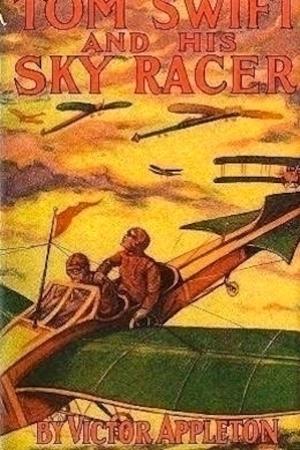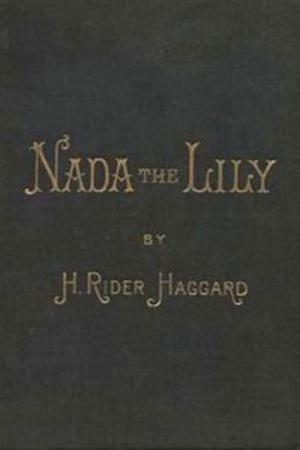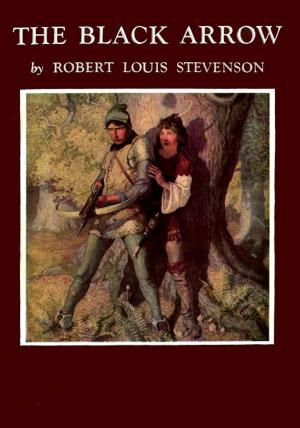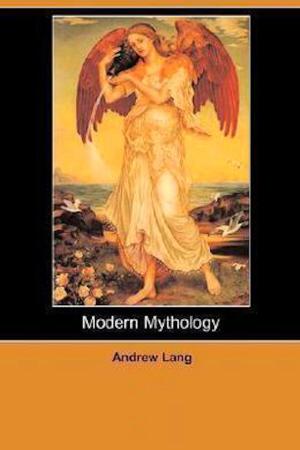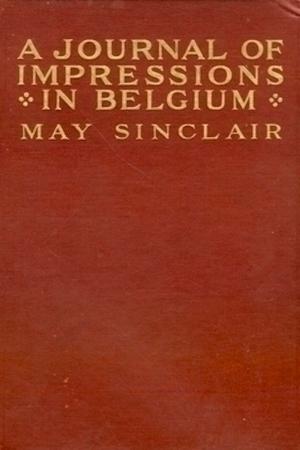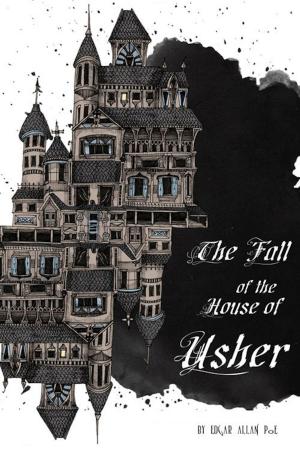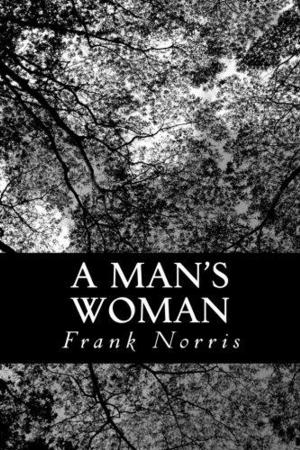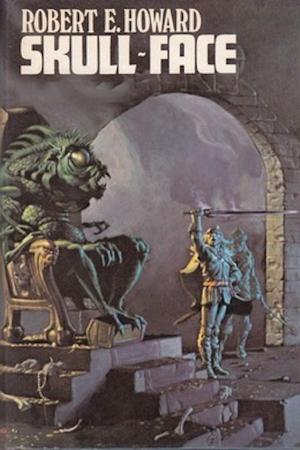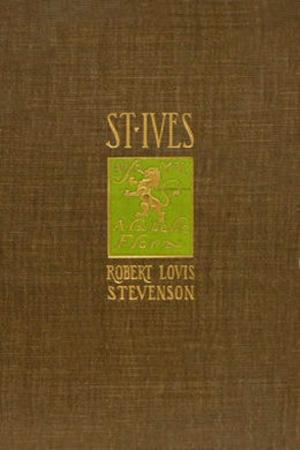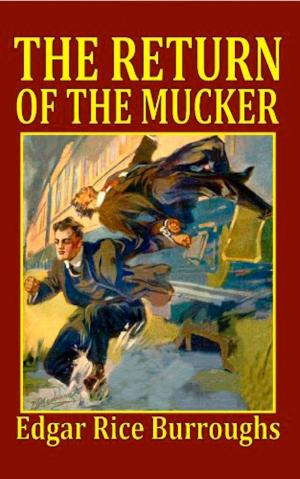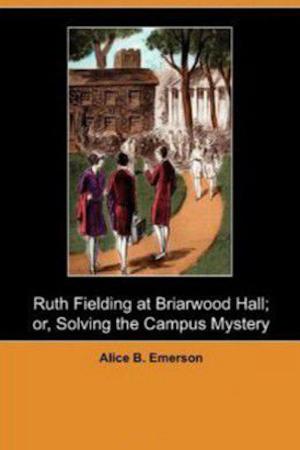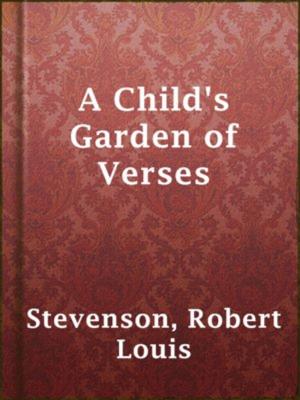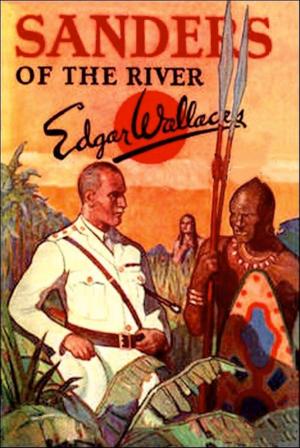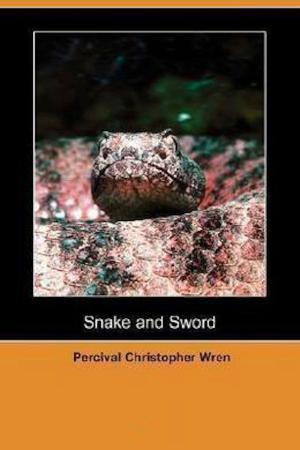| Author: | Andrew Lang | ISBN: | 1230002242446 |
| Publisher: | BookLife | Publication: | March 29, 2018 |
| Imprint: | Language: | English |
| Author: | Andrew Lang |
| ISBN: | 1230002242446 |
| Publisher: | BookLife |
| Publication: | March 29, 2018 |
| Imprint: | |
| Language: | English |
The Science of Anthropology can speak, with some confidence, on many questions of Mythology. Materials are abundant and practically undisputed, because, as to their myths, savage races have spoken out with freedom. Myth represents, now the early scientific, now the early imaginative and humorous faculty, playing freely round all objects of thought: even round the Superhuman beings of belief. But, as to his Religion, the savage by no means speaks out so freely. Religion represents his serious mood of trust, dependence or apprehension.
In certain cases the ideas about superhuman Makers and judges are veiled in mysteries, rude sketches of the mysteries of Greece, to which the white man is but seldom admitted. In other cases the highest religious conceptions of the people are in a state of obsolescence, are subordinated to the cult of accessible minor deities, and are rarely mentioned. While sacrifice or service again is done to the lower objects of faith (ghosts or gods developed out of ghosts) the Supreme Being, in a surprising number of instances, is wholly unpropitiated. Having all things, he needs nothing (at all events gets nothing) at men's hands except obedience to his laws; being good, he is not feared; or being obsolescent (superseded, as it seems, by deities who can be bribed) he has shrunk to the shadow of a name. Of the gods too good and great to need anything, the Ahone of the Red Men in Virginia, or the Dendid of the African Dinkas, is an example. Of the obsolescent god, now but a name, the Atahocan of the Hurons was, while the "Lord in heaven" of the Zulus is, an instance. Among the relatively supreme beings revealed only in the mysteries, the gods of many Australian tribes are deserving of observation.
The Science of Anthropology can speak, with some confidence, on many questions of Mythology. Materials are abundant and practically undisputed, because, as to their myths, savage races have spoken out with freedom. Myth represents, now the early scientific, now the early imaginative and humorous faculty, playing freely round all objects of thought: even round the Superhuman beings of belief. But, as to his Religion, the savage by no means speaks out so freely. Religion represents his serious mood of trust, dependence or apprehension.
In certain cases the ideas about superhuman Makers and judges are veiled in mysteries, rude sketches of the mysteries of Greece, to which the white man is but seldom admitted. In other cases the highest religious conceptions of the people are in a state of obsolescence, are subordinated to the cult of accessible minor deities, and are rarely mentioned. While sacrifice or service again is done to the lower objects of faith (ghosts or gods developed out of ghosts) the Supreme Being, in a surprising number of instances, is wholly unpropitiated. Having all things, he needs nothing (at all events gets nothing) at men's hands except obedience to his laws; being good, he is not feared; or being obsolescent (superseded, as it seems, by deities who can be bribed) he has shrunk to the shadow of a name. Of the gods too good and great to need anything, the Ahone of the Red Men in Virginia, or the Dendid of the African Dinkas, is an example. Of the obsolescent god, now but a name, the Atahocan of the Hurons was, while the "Lord in heaven" of the Zulus is, an instance. Among the relatively supreme beings revealed only in the mysteries, the gods of many Australian tribes are deserving of observation.

